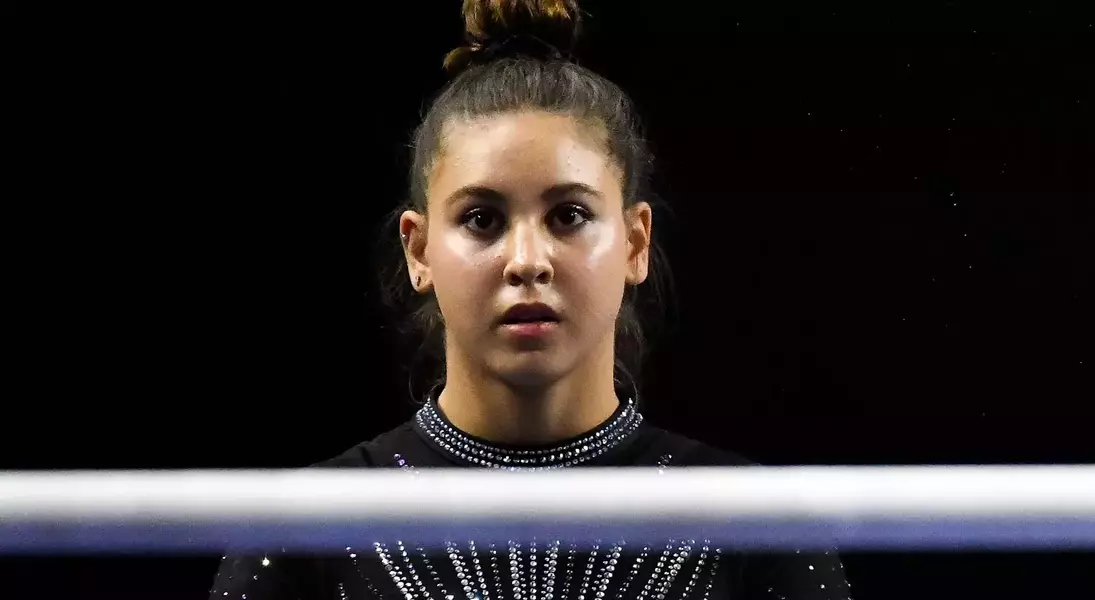
In a heartfelt announcement, Stanford University student and Olympic gymnast Levi Jung-Ruivivar has decided to step away from the sport temporarily to focus on her health. The 18-year-old athlete, who is part of the Philippines' 2024 Paris Olympics team, revealed that she will be taking a leave of absence to seek treatment for an eating disorder. Despite her success in both academics and gymnastics, Jung-Ruivivar felt that this condition was affecting her mental and physical well-being. She plans to return to school and training before the spring quarter begins. Her decision highlights the importance of mental health awareness, especially among elite athletes.
A Journey Towards Healing: Levi Jung-Ruivivar's Decision
On a crisp January day, the young gymnast made a significant announcement on social media. Levi Jung-Ruivivar, an accomplished athlete representing the Philippines in the upcoming Paris Olympics, shared her personal struggle with an eating disorder. As a member of Stanford University’s gymnastics team, she has experienced remarkable achievements, but recently recognized that her health required immediate attention.
Jung-Ruivivar emphasized the emotional and physical toll this condition had on her life. Although her time at Stanford had been fulfilling and rewarding, the disorder was consuming much of her energy and preventing her from fully enjoying her passions. In her post, she expressed gratitude towards her family, friends, and coaches for their unwavering support during this challenging period.
She also acknowledged the hesitation she felt about sharing her story publicly. However, as an elite athlete, she believed it was crucial to address the issue and seek help. Her courage in speaking out has garnered widespread support from fellow gymnasts and fans alike. Stanford University also showed solidarity, pledging their support every step of the way.
Looking ahead, Jung-Ruivivar remains optimistic about overcoming her challenges and returning to the activities she loves. Her journey serves as a powerful reminder of the importance of prioritizing one's health and seeking help when needed.
From a reader's perspective, Jung-Ruivivar's decision is both inspiring and eye-opening. It underscores the need for greater awareness and understanding of mental health issues within competitive sports. Her bravery in addressing her struggles openly encourages others to prioritize their well-being and seek support without fear or shame. This story reminds us all that even top athletes face challenges and that seeking help is a sign of strength, not weakness.
